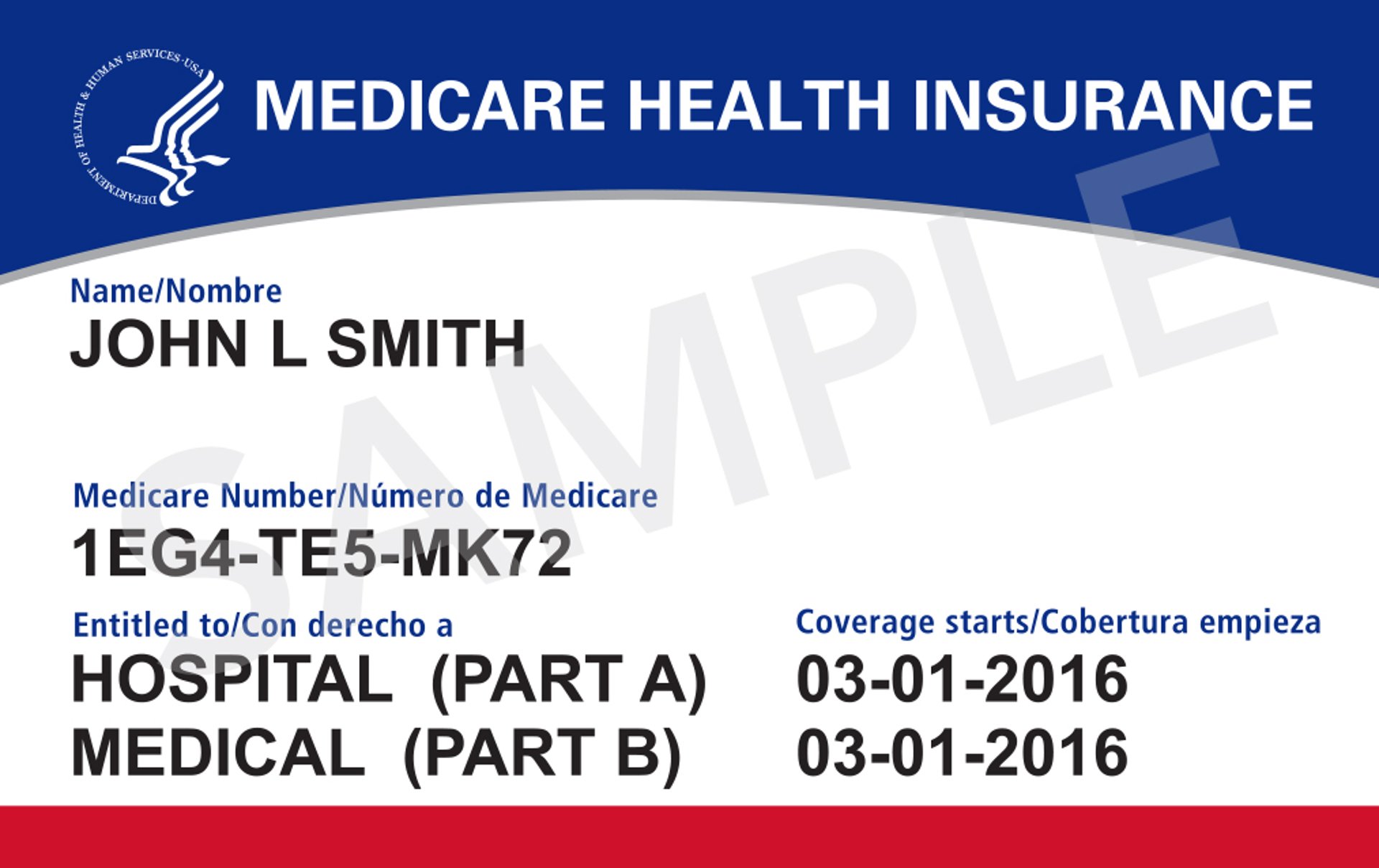
A measure meant to help fight Medicare fraud is coinciding with a rise in Medicare scams.
Scammers are reportedly targeting Medicare beneficiaries, specifically trying to get the identification numbers issued with their new Medicare cards. This comes as the Medicare program is about to start issuing those new ID cards to every beneficiary.
That’s more than 59 million Americans, according to the federal government. Medicare is a federal health insurance program primarily for folks ages 65 and older.
The new Medicare cards
In an effort to decrease Medicare fraud, the Medicare program is changing every beneficiary’s identification number. The change is being made so the cards no longer reflect beneficiaries’ Social Security numbers.
Your Social Security number is a unique and static personal identifier. That means it’s connected to you and only you, and it’s yours for life. So, Social Security numbers are often used to pull off various types of identity fraud. That makes Social Security numbers attractive to thieves.
As a result of this change in Medicare numbers, every beneficiary will receive a new Medicare ID card. The Medicare program will begin mailing out the new cards in April.
The new Medicare scams
Scammers are hoping to trick Medicare beneficiaries into handing over their new card information. While such cards no longer include Social Security numbers, the new Medicare numbers are still unique, static personal identifiers. So, these numbers can be used to defraud Medicare.
The district attorney in Sacramento County, California, recently warned seniors of a Medicare card phone scam. Callers tell Medicare beneficiaries they must pay for a temporary card and provide personal information before they get their new card.
AARP Utah also recently cautioned seniors about this scam, specifying that callers may ask for financial information, such as bank account or credit card numbers, to “process” the purchase of the alleged temporary card.
You can avoid falling for this scam with a little education, though. For starters, it’s untrue that a temporary card is necessary. In addition, the new Medicare cards are free.
Also, be suspicious of callers claiming to be with the Medicare program. AARP Utah explains:
“It cannot be stressed often enough — Medicare will never call you unsolicited. All of their communications are done by mail.”
What’s your take on this news? Share your thoughts below or over on Facebook.




Add a Comment
Our Policy: We welcome relevant and respectful comments in order to foster healthy and informative discussions. All other comments may be removed. Comments with links are automatically held for moderation.